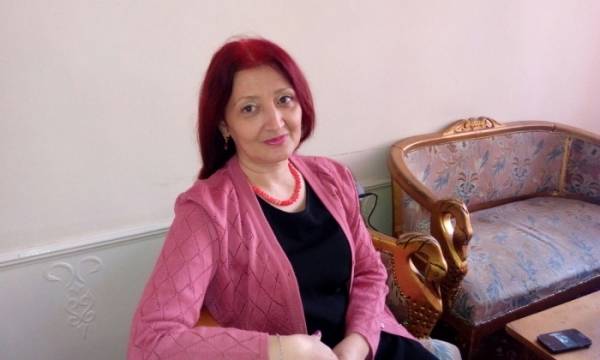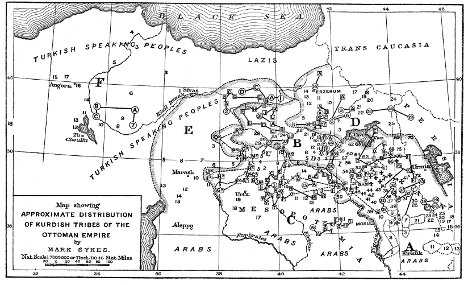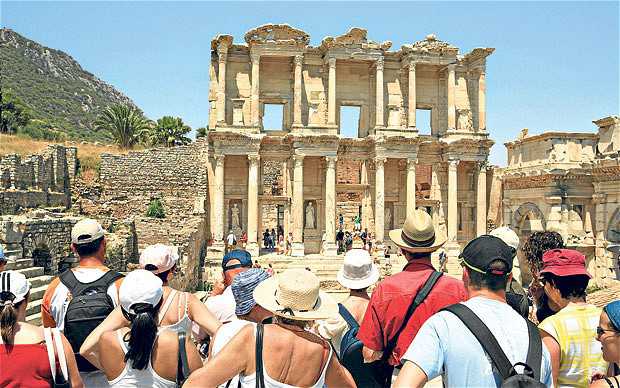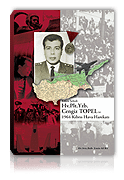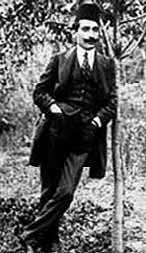 Gulnara Inandzh
Gulnara Inandzh
Director, Ethnoglobus (ethnoglobus.az)
An International Online Information and Analysis Center , [email protected]
(Baku- Tehran-Baku)
The election of Hasan Rowhani as the new president of Iran is part of a much larger process: an effort by the political elite to recapture authority in the population by launching a top-down political transformation lest outside forces provoke one and create a situation which Tehran might find difficult to control.
That transformation, one not often remarked upon by outsiders, reflects the fact that Iranian nationalism is today a more important force than is Islam and the country’s imperial ambitions are more important than Muslim brotherhood, however defined. Those close to the Iranian political elite understand that, and they recognize as well that slogans against Zionism and the United States are no longer enough to satisfy the increasingly poor population of what should be one of the wealthiest countries on earth.
The policies of incumbent Iranian president, Mahmoud Ahmadinejad, which have simultaneously led to international sanctions and massive corruption, have left Iranians angry, because they are bearing the burdens of his policies without gaining any of the supposedly positive achievements he liked to point to. Consequently, they voted for Rowhani, but despite what many observers have said, they did so with the full approval of many around the top leaders who recognize that Iran cannot and must not continue as it has.
One area where change is now likely is the relationship between the religious authorities and the state that was set up by Ayatollah Khomeini more than 30 years ago and has remained largely unchanged. Iranians can be dissatisfied with the religious authorities, but all those with whom I have spoken willingly reassert their love for their government. The national policy of the Iranian state thus rests on an imperial ideology as a necessary response to the ethno-psychology of the population. And that state is prepared to make a correction on religion-state relations by taking that factor into account.
Iranians will not support any actions that they believe harm the interests of the state and thus oppose any moves from the outside to oppose it. That is something the West does not understand, but there is something else the West has failed to notice: the authorities in Tehran have developed political strategies to make mid-course corrections and even fundamental reforms. And right now, as the election shows, they are in the middle of something that we are justified in calling a top-down transformation, a change in the key arrangements of the state without violence.
The first step in this direction was paradoxically made by Ahmadinejad who deprived the Muslim leaders of their immunity. The second was the victory of the United Front of Conservatives in the March 2012 elections, which led Supreme Leader Ali Khamenei to reappoint a number of reformers from the administration of former president Ali Rafsanjani. And the third step in this process was the explicit call by Hasan Rowhani for political and economic reform and direct contacts with the United States, two issues that had earlier been taboo.
Rowhani’s election and in the first round at that shows that Iranians are ready for reform, and the support he has received from Ayatollah Khamenei shows that the reformists are winning ever more positions in Tehran and Qum and that the governing structure of Iran that Khomeini put in place after the 1979 revolution is going to change, albeit slowly and carefully lest they trigger instability. As these changes are put in place, the Muslim leadership and the secular politicians will work in parallel, dividing the social-political and economic spheres. Polls of Iranians carried out in Azerbaijan, Turkey and Iran show that a majority of them want to live in a secular society, but not to break altogether with their Muslim roots.
Anyone visiting Tehran can see evidence of that: The majority of women there wear not the chadra, but scarves and long dresses, but not those reaching the ground. In some places, it is even possible to observe women who are not covering their heads, something that would have been unthinkable only a few years ago. Such examples could be multiplied, and they suggest that Iran, all the rhetoric notwithstanding, is opening up to secular culture and lifestyle.
Over the course of the last 30 years, a new generation of religious scholars in contemporary European dress has appeared in Iran. Its members speak foreign languages, are not trapped by Muslim dogma, are open to Western scholarship, and are quite tolerant. They and the new generation of Iranians, religious and non-religious alike, are going to lead Iran into a new stage of its history. In sum, Iranians are effecting domestic transformation lest someone from the outside attempt to start that process.
AZERBAIJAN IN THE WORLD
ADA Biweekly Newsletter
Vol. 6, No. 12
June 15, 2013

